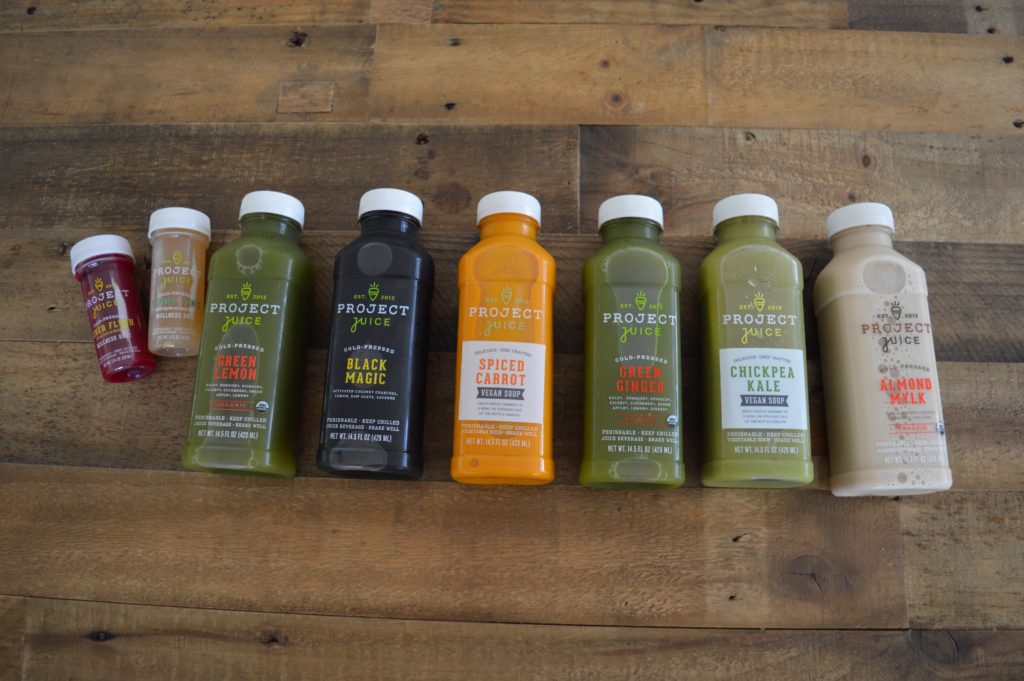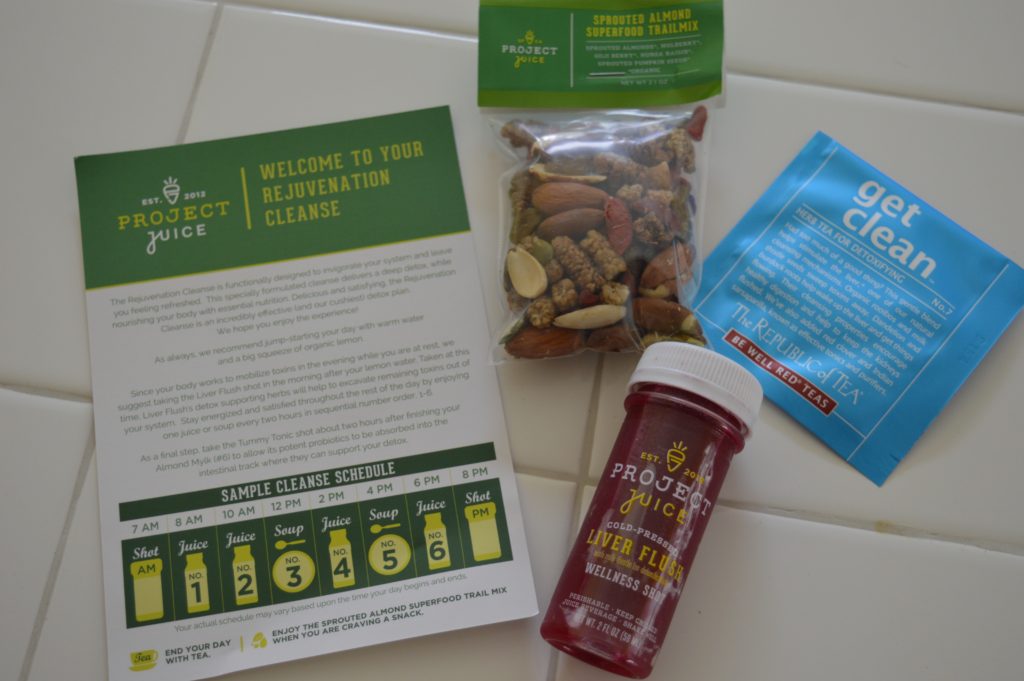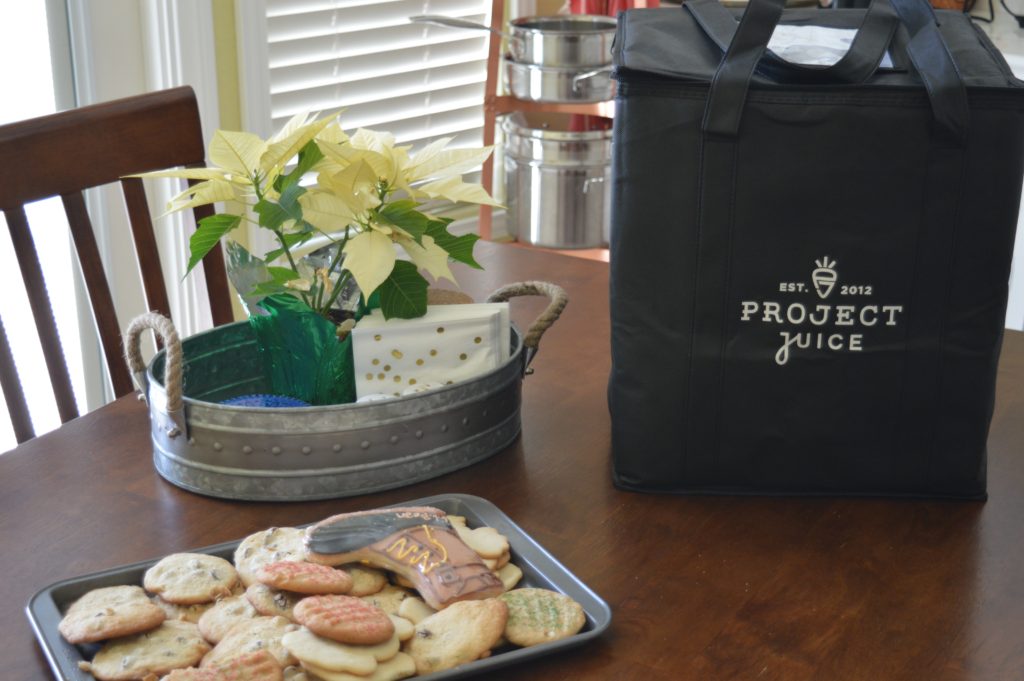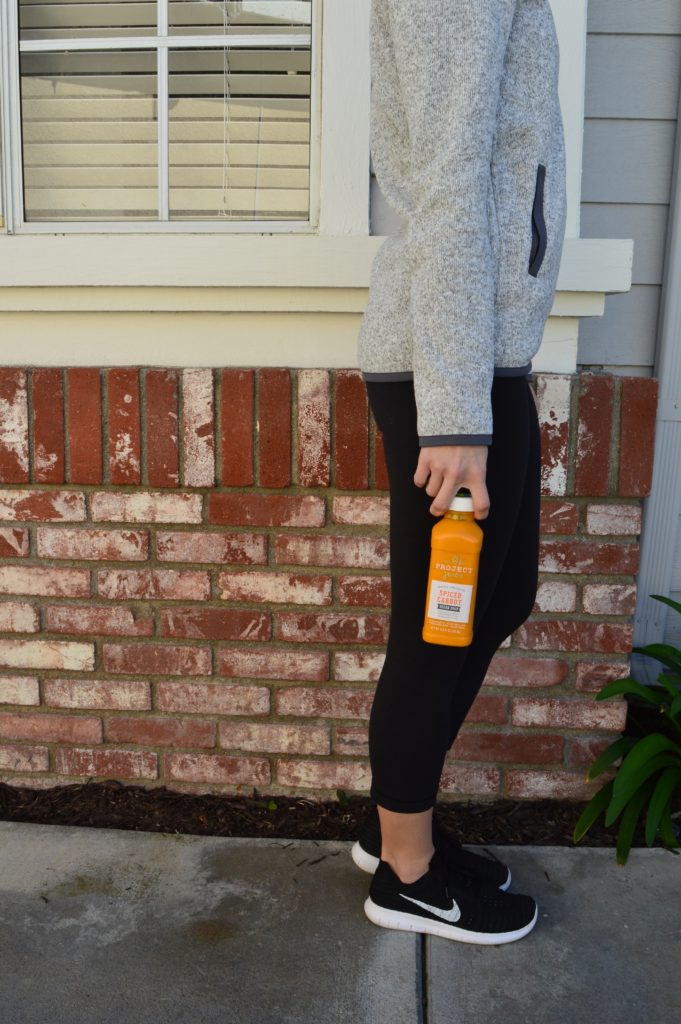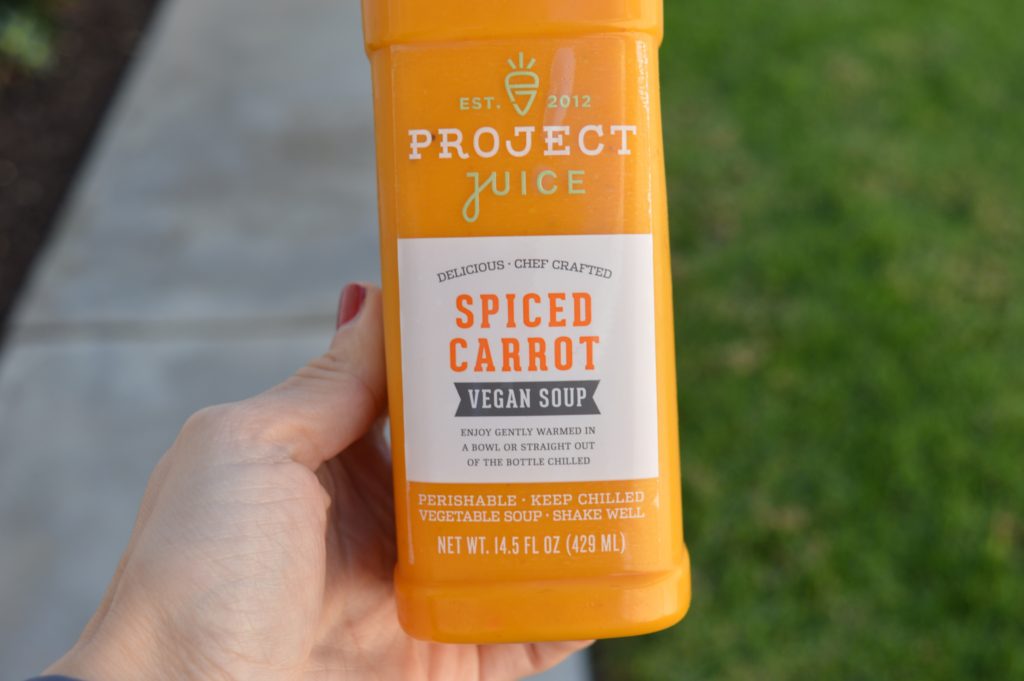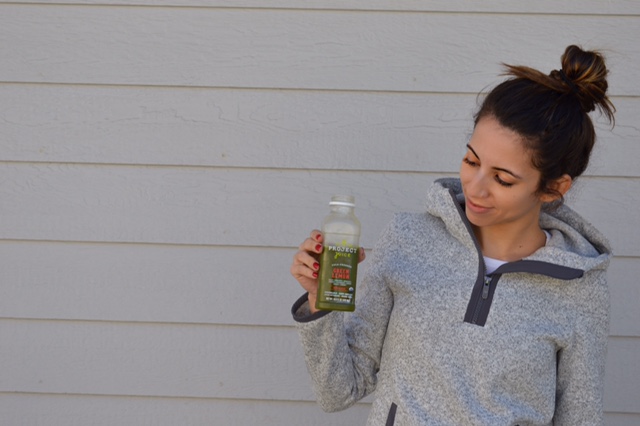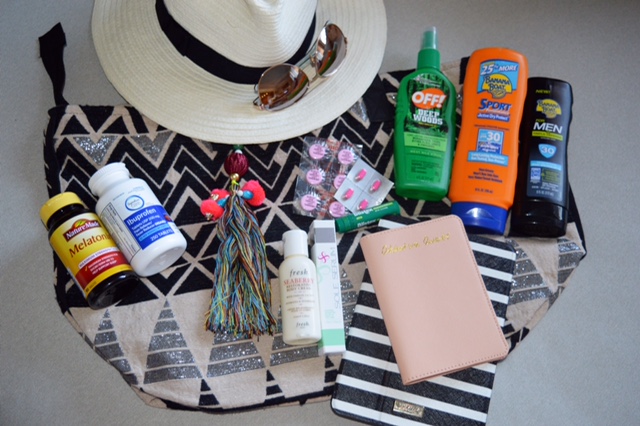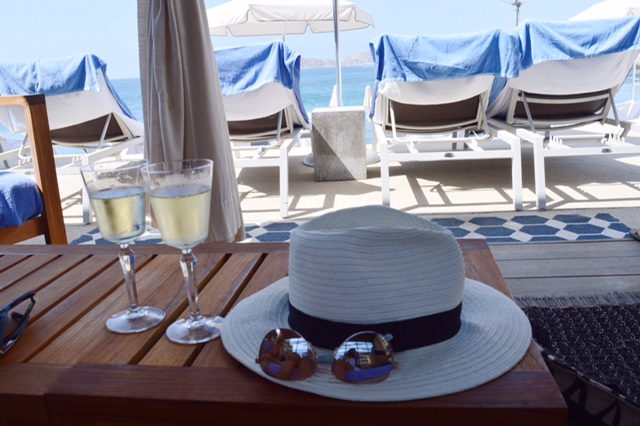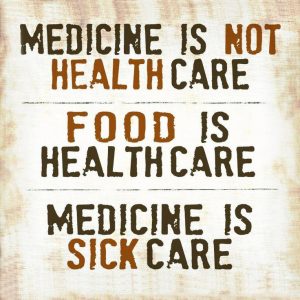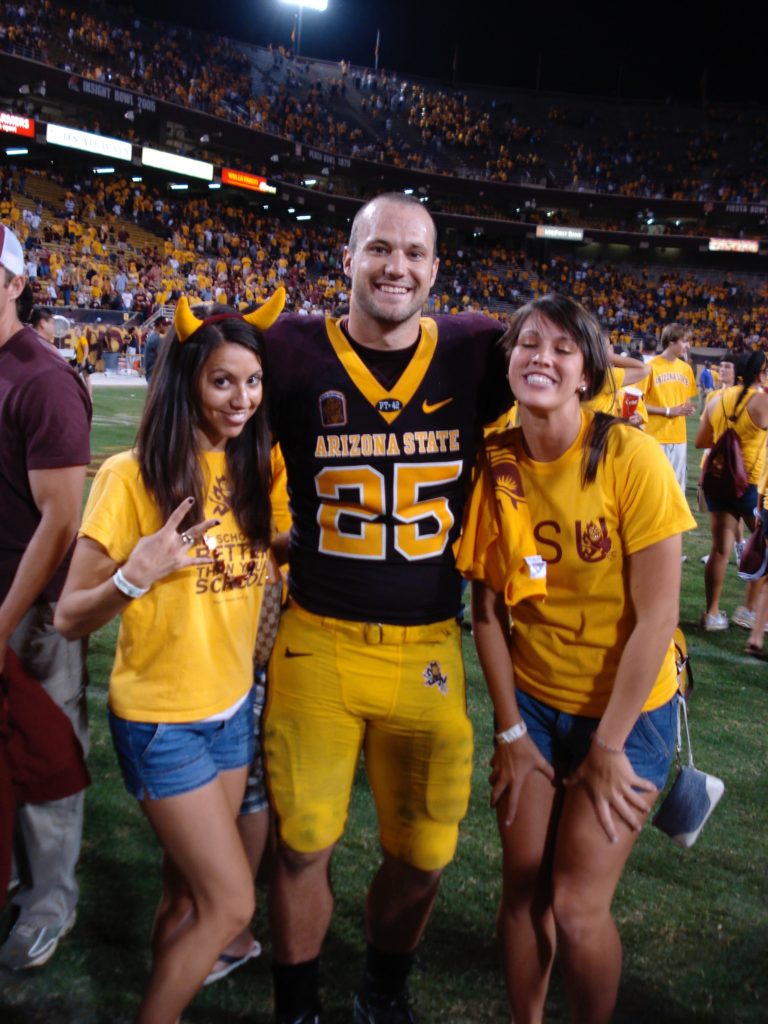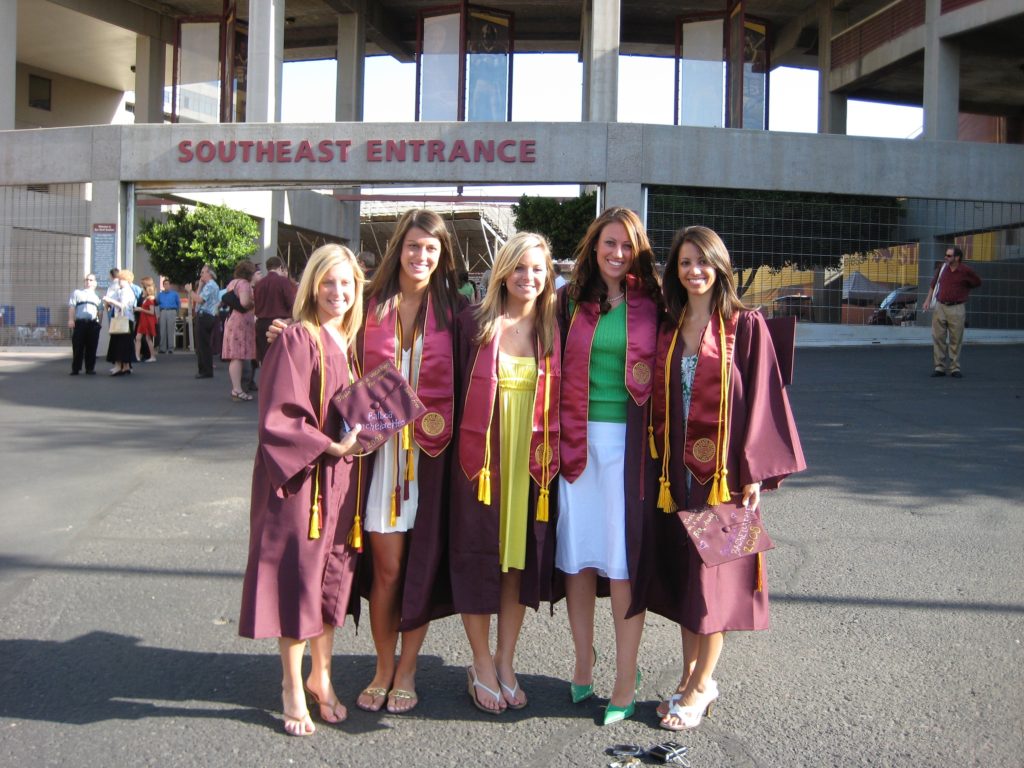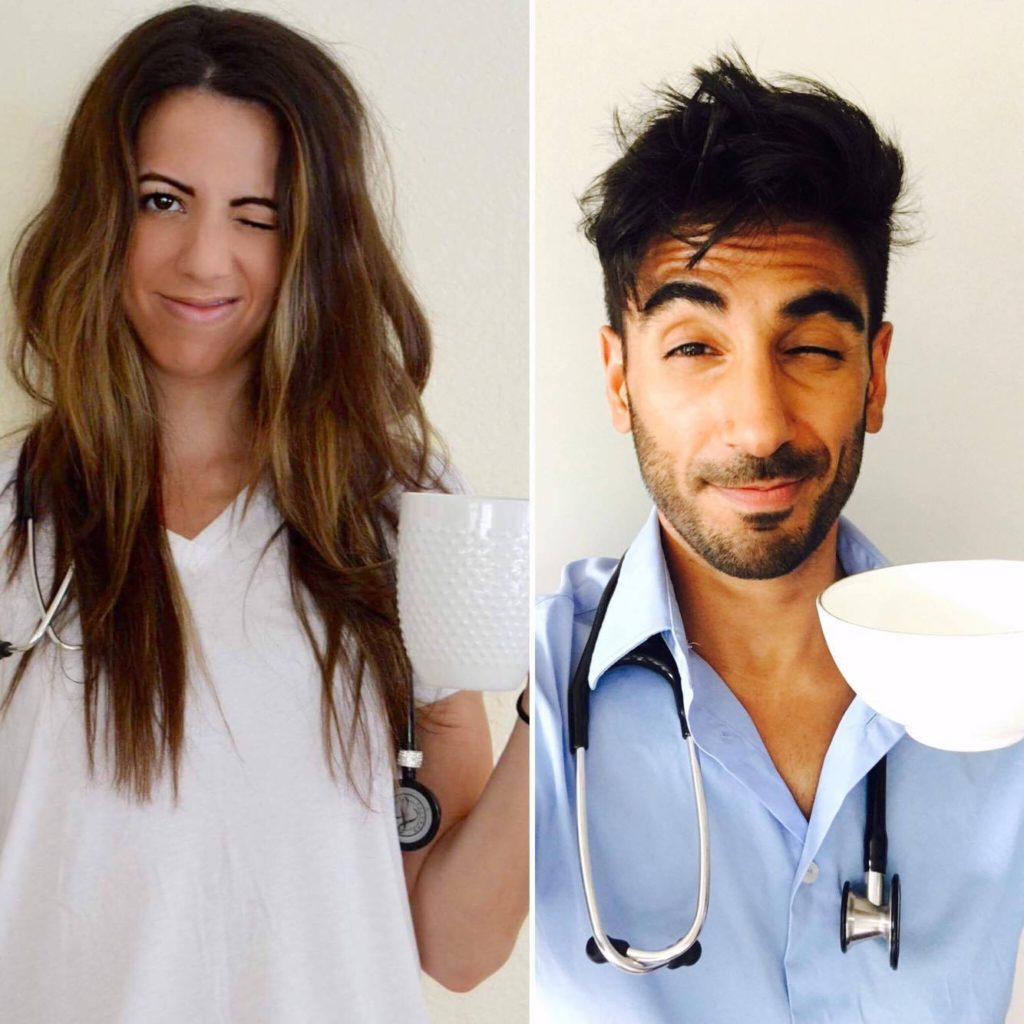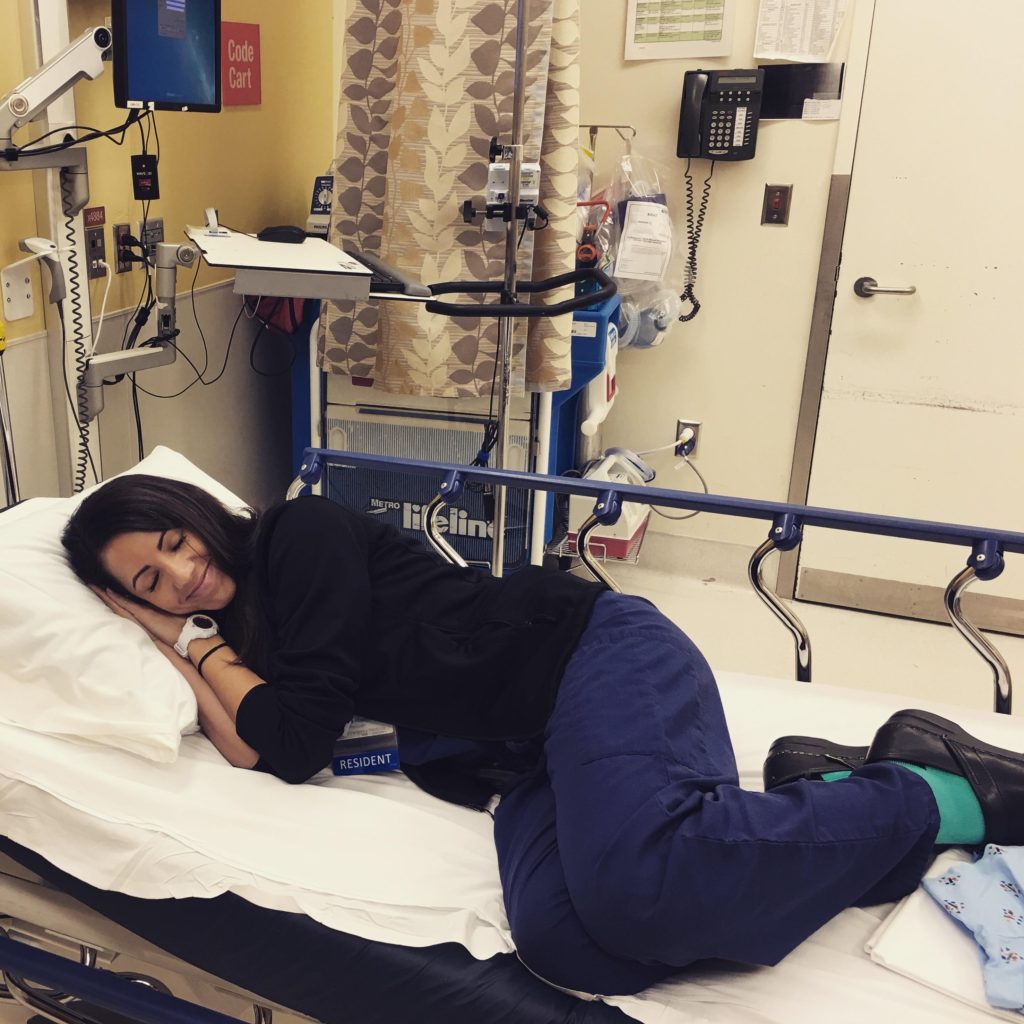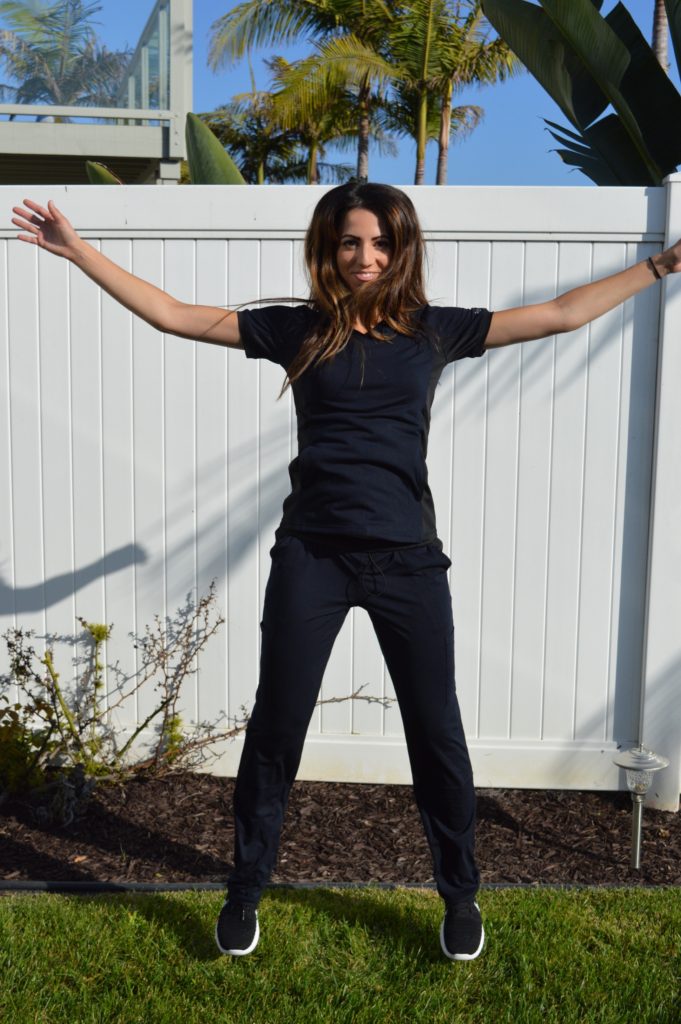
Being a doctor means being an advocate for good health.
As an Emergency Medicine physician, I care for multiple patients with a variety of complaints, everyday.
Whether I’m evaluating a patient with chest pain, high blood pressure, anxiety, or who is pregnant, I counsel them all about important lifestyle factors that I believe can help prevent worsening of current or future disease risk. One of the most important of these lifestyle factors is regular exercise. It is well known that regular aerobic activity can increase energy level, improve mood, and decrease risk for many medical conditions. Despite knowing this association exists, throughout the United States in particular there is a heavy focus on using medications to prevent and control disease, and less focus on actually teaching patients how to incorporate various lifestyle changes.
There is scientific literature available on the relation of exercise to improved disease outcomes.
It is very well understood that exercise can reduce the need for medications in type II diabetic patients by improving their glycemic control. Some patients even have reversal of their diagnosis of type II diabetes after making a healthy lifestyle change. The American Heart Association has official recommendations for the amount of time each person should be undergoing aerobic activity per day, based on extensive research. Cardiac rehabilitation programs have been created to help those patients recovering from a heart attack, and have shown improved outcomes of mortality, decreased recurrent cardiac events, and increased exercise capacity. Some clinical trials have even shown that exercise may be associated with decreased symptoms in patients with psychiatric disorders such as anxiety and depression.
With clinical studies advancing in this area, I would love to see the focus of medicine turn towards preventative strategies, as opposed to clean-up strategies.
In regards to my personal story… as I went through my training I realized that all these encounters during which I was counseling my patients on fitness and regular exercise, my own health and fitness routine seemed to be on the back burner.
Medical school and residency more so, is a grueling process. Studying or working for more hours than I ever knew existed in a day, left me little time to do the things I enjoy such as fitness and healthy cooking.
Patients will ask me what my favorite exercise routine consists of, and how I manage to stay fit with such a busy lifestyle. I found myself thinking, “I am a total hypocrite for teaching all of these health principles and not practicing them myself”.
The schedule of an Emergency Medicine physician varies greatly, and involves night shifts. With a schedule that is completely variable, and goes from days to nights and then back to days, it is a significant challenge to even function in the world, let alone exercise regularly. I know that there are many individuals who are not in the medical field, but struggle with the same schedule restraints whether it is secondary to work, family life, or other personal reasons.
Well, a couple of years ago I set out to make fitness and exercise a regular part of my routine forever.
It meant that I had to get a little bit creative, and accept that I wouldn’t always have control.
I realized that this was the problem with many of my patients being able to maintain an exercise routine. They didn’t know where to start; they didn’t have someone to educate them on the variability of fitness and what exercises and routines could work for them based on their lifestyle and disease process.
Hopefully the above layout of my life helps patients, and other individuals see that fitness and exercise IS possible, no matter how busy your schedule may be. By truly living and practicing what I am recommending, I know my patients have more trust in me, and motivation after hearing my suggestions.
I am an Emergency Medicine physician by day (and night of course), but my true overall goal is to teach preventative principles and strategies to help avoid Emergency Department visits and progression of disease as a whole. I truly believe that this starts with a well-balanced lifestyle that implements regular exercise and fitness.
Scrubs in photo found here (https://www.benefitmedical.com)


